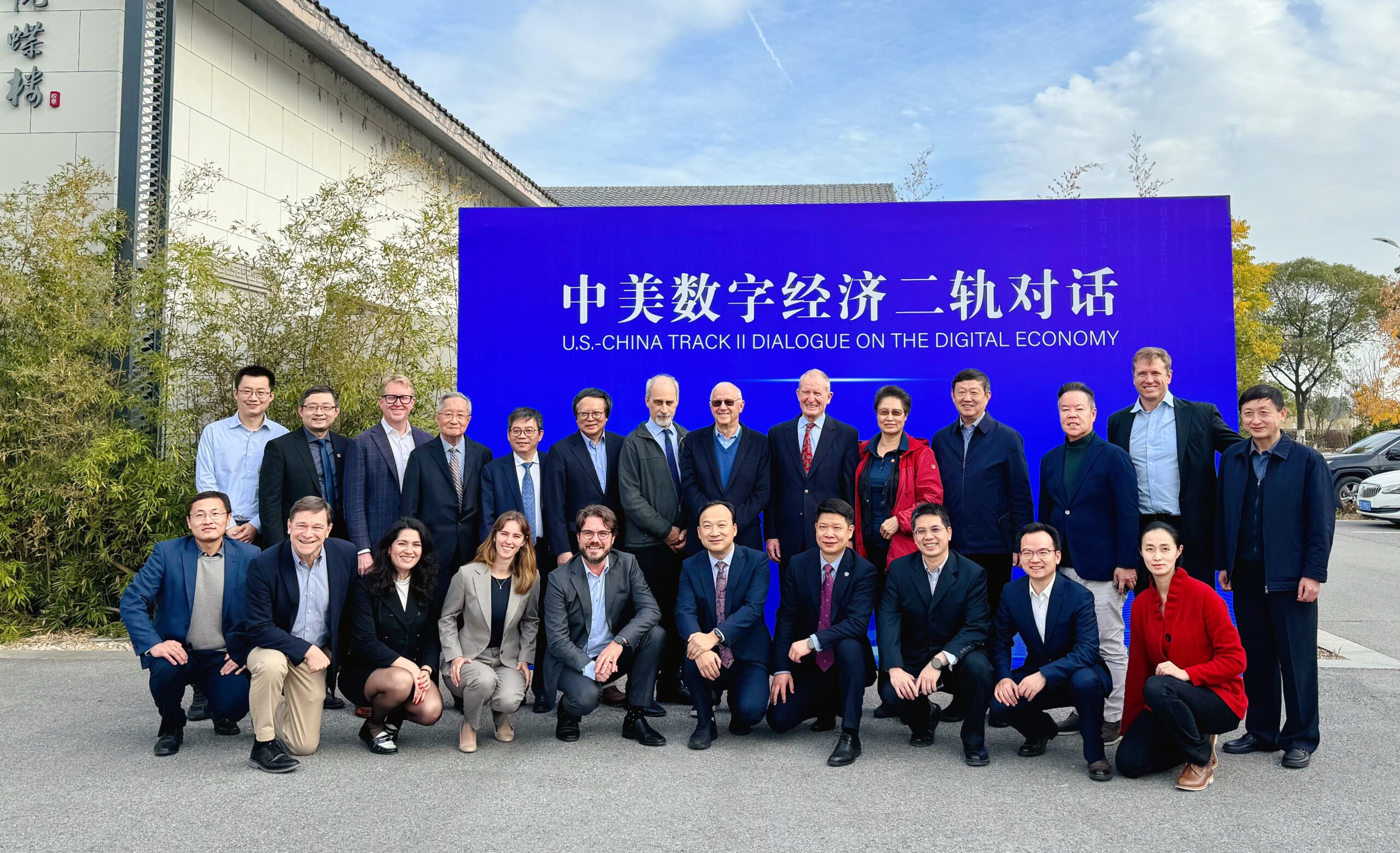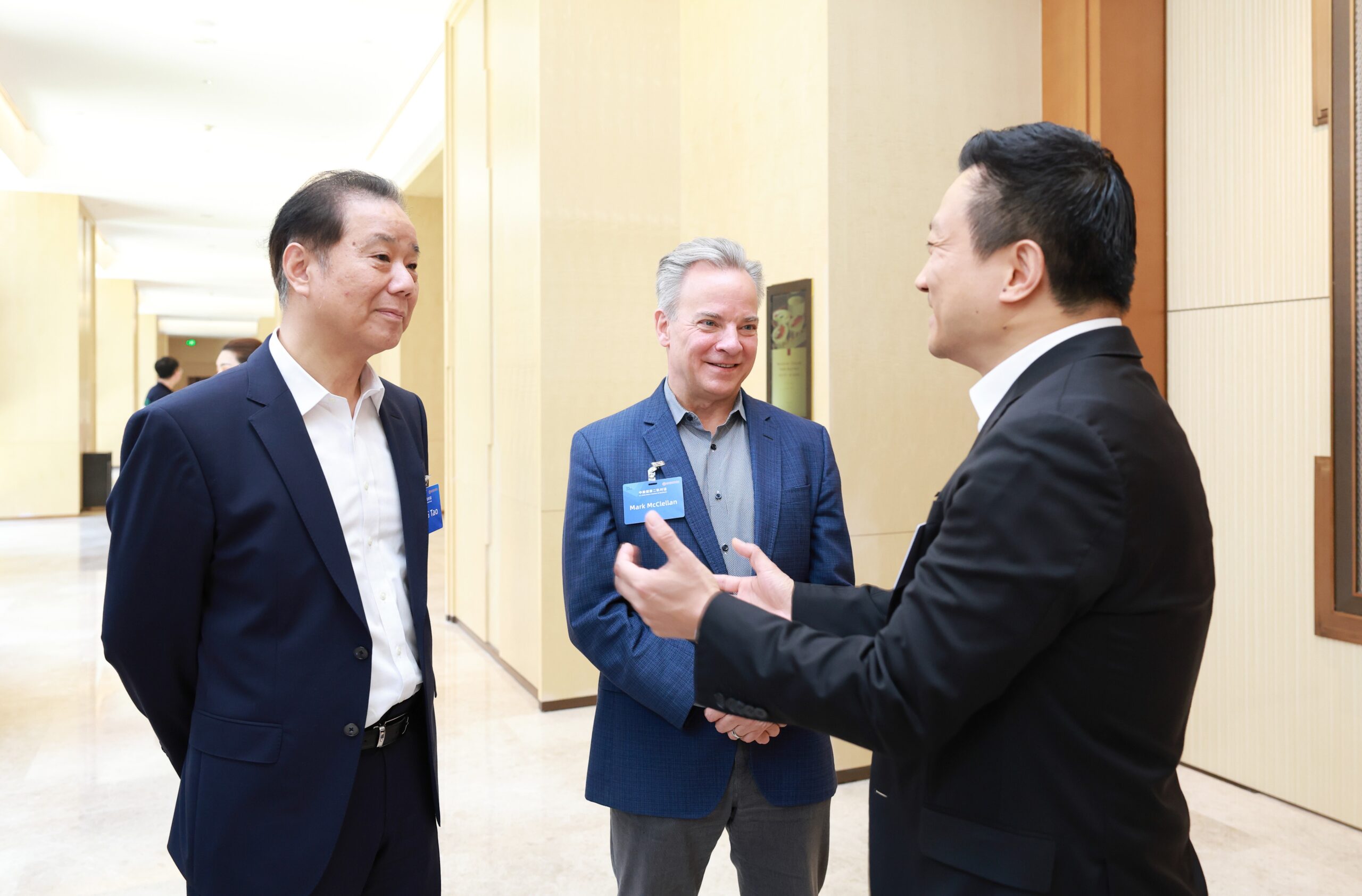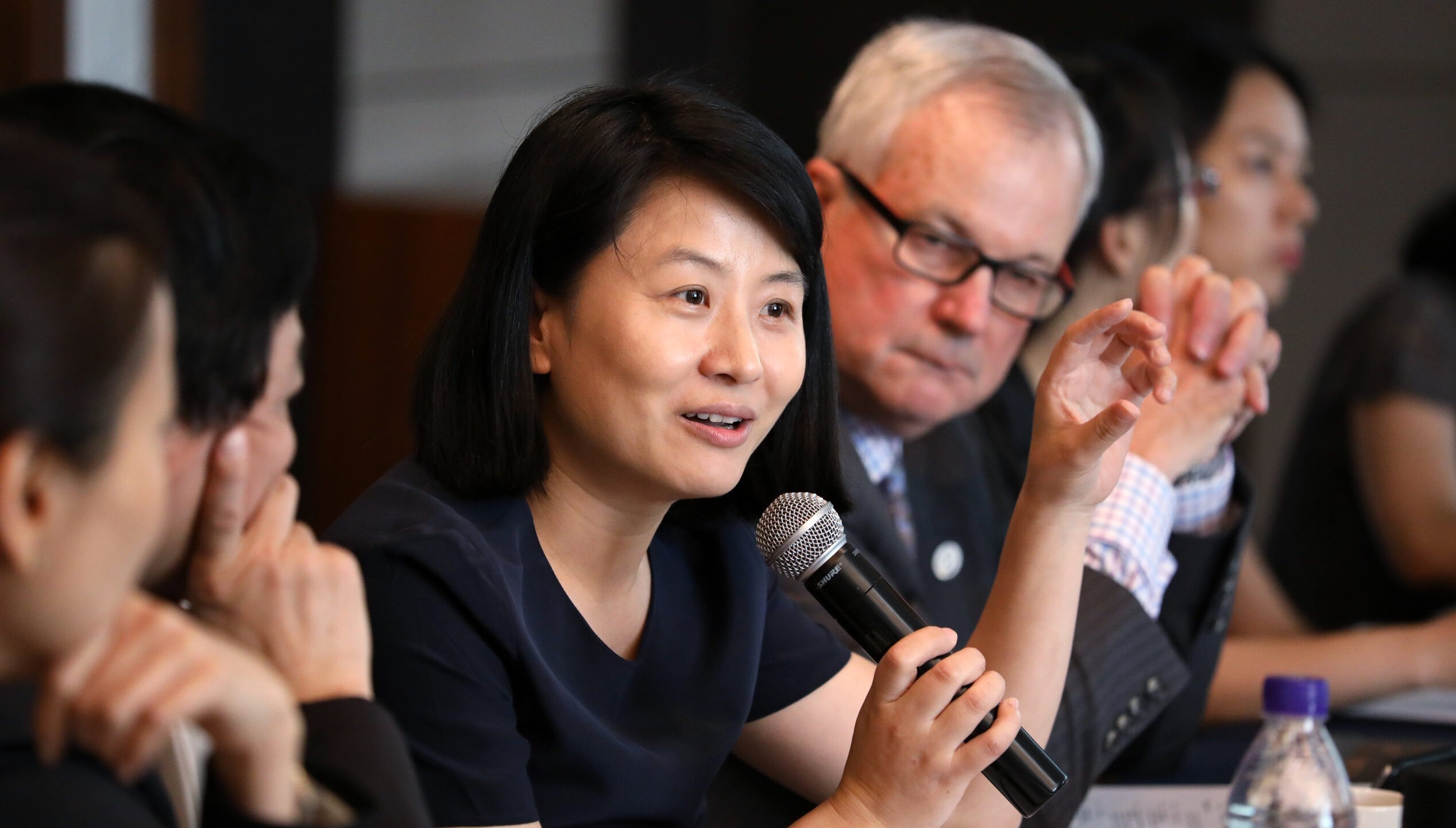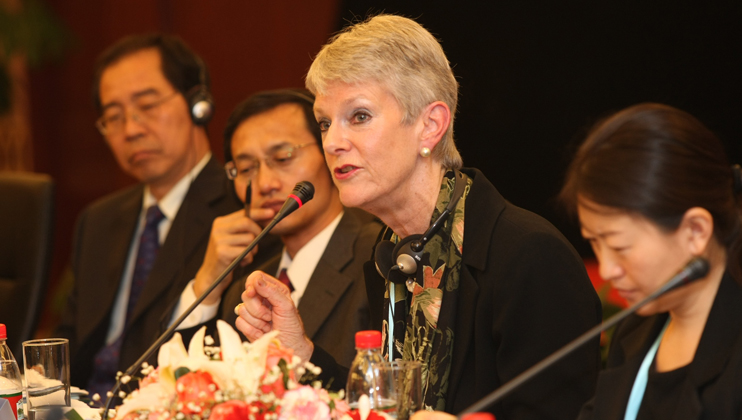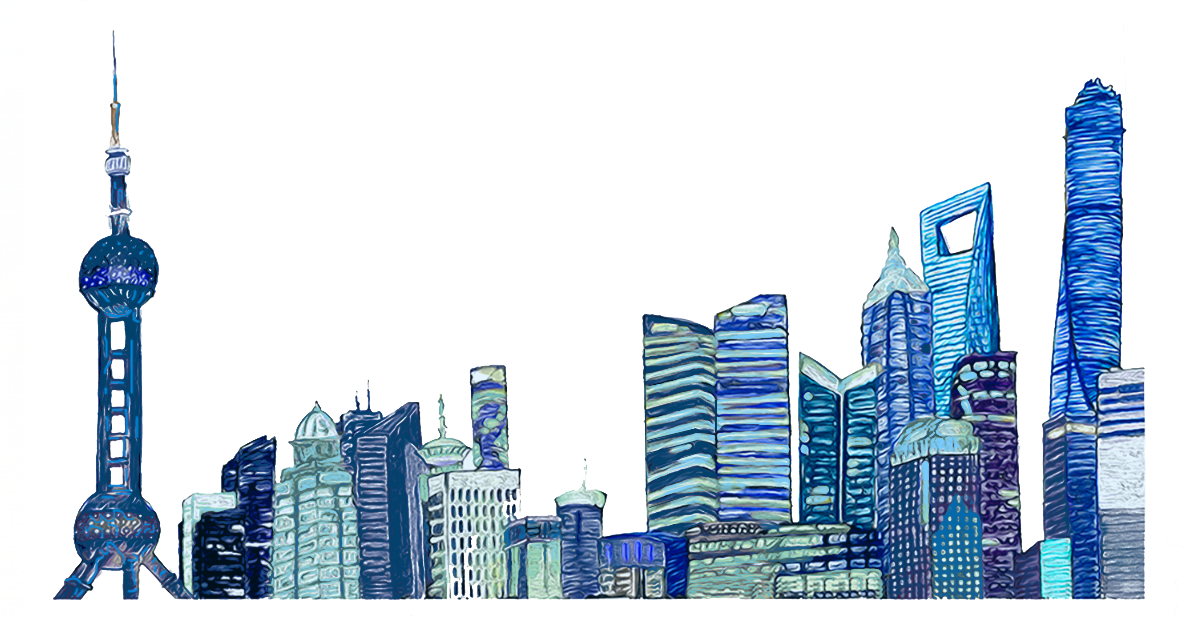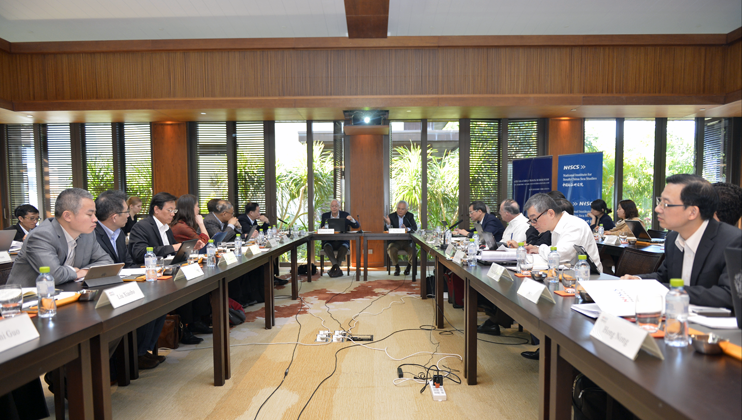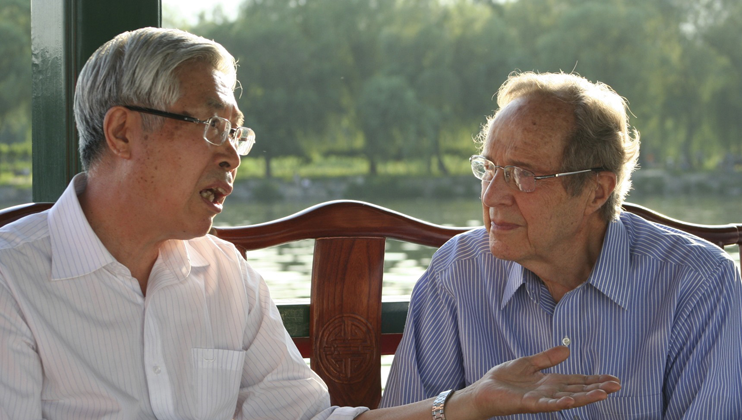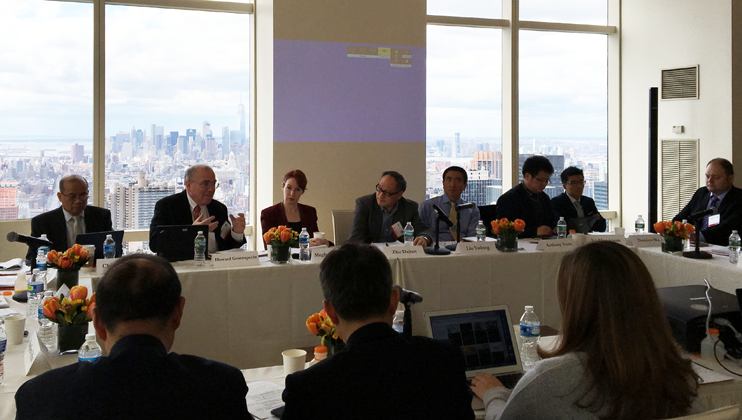In 2019, the National Committee established a new Track II dialogue between the United States and China to discuss issues related to the digital economy, in partnership with the Guanchao Cyber Forum, a division of Chinese Internet Security Conference. Since 2022, the Chinese partner has been the China-U.S. Green Fund. The dialogue focuses on bilateral concerns in technology and how the two countries can cooperate to deal with issues arising from technological development.
The National Committee's U.S.-China Track II Dialogue on Healthcare, established in 2017, examines the effectiveness of the healthcare systems in China and the United States and recommends ways to better measure and manage the delivery and efficiency of healthcare in the two countries.
Since its inception in 2010, this bi-annual Track II dialogue has brought together leading American and Chinese economists, economic thinkers and business leaders for a day and a half of off-the-record discussions on important issues related to bilateral economic relations and the global economic system.
To promote high-level exchange and discussion of law and human rights issues in the United States and China, the National Committee and the China Foundation for Human Rights Development co-organize an annual U.S.-China Track II Dialogue on the Rule of Law & Human Rights. Established in December 2009, this Track II dialogue is the first of its kind to be jointly hosted by U.S. and Chinese non-government organizations.
Leading Chinese economists discuss China's economic outlook for 2021 and beyond as the world continues battling and recovering from COVID-19.
This dialogue convenes American and Chinese legal experts to explore the issues surrounding China’s recent maritime disputes and escalated tensions in the Pacific, better understand the impact on regional and U.S.-China relations, and provide suggestions for improving the management and settlement of current disputes.
The National Committee’s Track II Strategic Security Dialogue (at times called the Northeast Asia Strategic Security Dialogue) began in 1999 and stemmed from an earlier National Committee mil/mil program and the joint Stanford-Harvard Preventive Defense Project (PDP), a research collaboration of Stanford University and Harvard University's Kennedy School of Government set up by former Secretary of Defense William Perry and Assistant Secretary Ash Carter.
American and Chinese experts from academia, think tanks, and industry gather for a two-day dialogue exploring how significant climate change and energy developments are altering each country's energy outlook.
